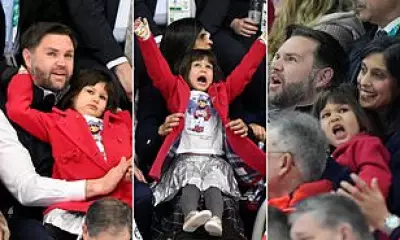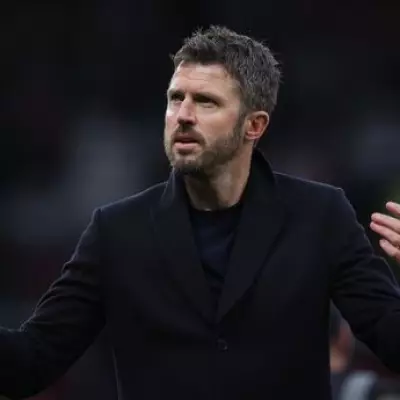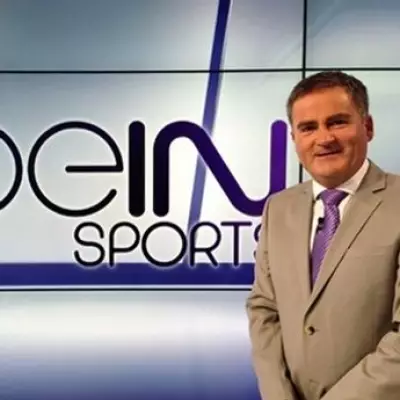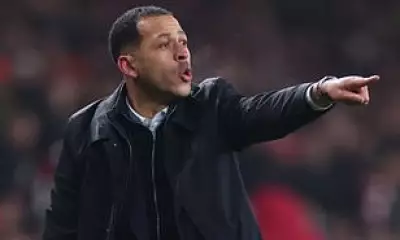
Tonga's national rugby league coach Kristian Woolf has found himself at the centre of a player welfare storm after defending his handling of a concerning incident involving forward Felise Kaufusi during their recent international match against Samoa.
The controversy erupted when Kaufusi, a seasoned NRL star, suffered not one but three separate head knocks during the intense Pacific Championship clash, ultimately requiring medical attention that saw him helped from the field in concerning circumstances.
Triple Head Impact Incident
Woolf has staunchly defended his decision-making process, insisting that medical staff followed all appropriate protocols throughout the match. 'We were absolutely guided by the doctors at every stage,' the coach stated emphatically when questioned about the handling of the sensitive situation.
The incident has raised serious questions about concussion management in international rugby league, particularly regarding players who suffer multiple head impacts during a single match.
Medical Protocols Under Microscope
According to Woolf, the medical team conducted thorough assessments after each of Kaufusi's head collisions. 'After the first incident, he was properly assessed and cleared to continue,' the coach explained. 'The second assessment also gave him the all-clear, but when the third knock occurred, the doctors immediately intervened and removed him from play.'
This sequence of events has drawn criticism from player welfare advocates who argue that more conservative approaches should be taken with head injuries, especially when players experience repeated trauma.
Growing Concern in Rugby League
The Kaufusi incident comes amid increasing global concern about head injuries in contact sports. Rugby league authorities worldwide have been implementing stricter concussion protocols in recent years, but this case highlights the challenges faced by medical staff and coaches in high-pressure international matches.
Woolf maintained that player welfare remains the absolute priority for his coaching staff and medical team. 'We would never, ever put a player at risk,' he asserted. 'The welfare of our players is paramount in every decision we make.'
As the rugby league community continues to debate this incident, it's clear that the conversation around head injury management in the sport is far from over, with calls for even more stringent protocols likely to grow louder in the coming weeks.





